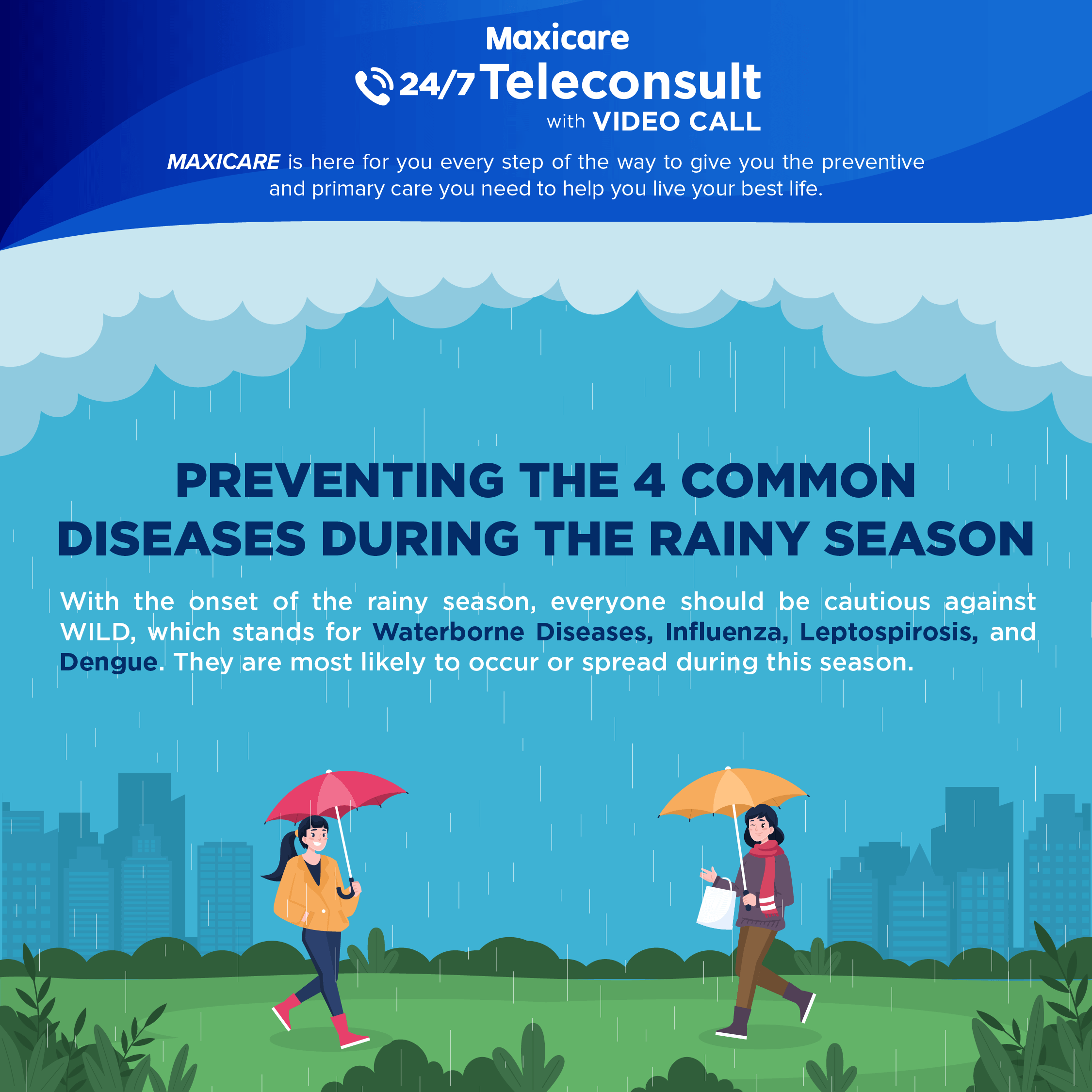
Whooping cough is a bacterial infection that can easily spread from person to person. But what is whooping cough, and how different is it from the normal kind of cough that we can experience?
What is Whooping Cough?
Whooping cough, also known as pertussis, is an illness caused by the Bordetella pertussis bacteria. Those infected by this bacteria are prone to fits of uncontrollable, continuous coughing that ends with a whooping sound, hence the name. This illness is very contagious, as it can easily be spread from person to person through droplets in the air.
The bacteria works by attaching itself to the cilia that line your airways. The bacteria then start releasing toxins, which cause the airways to swell up. This is what leads to those bouts of uncontrollable coughing.
Symptoms and Complications
Some of the early signs and symptoms of whooping cough are very much like the symptoms you’d expect from a common cold:
- A runny or stuffy nose
- Apnea, which is a life-threatening pause in breathing
- Low-grade fever lower than 38℃
- Cyanosis or turning blue or purple (in babies and young children)
The infected individual will also eventually develop paroxysms, which are rapid, violent, and uncontrolled coughing fits. These come up when the infection has progressed further and can lead to further difficulty breathing, vomiting during and after each fit, and the tell-tale whooping sound after each fit. Those suffering from the illness will seem fine in between coughing fits.
Some of the complications associated with whooping cough include pneumonia, convulsions, brain damage, and death. Babies and infants, especially those six months old or younger, are at an increased risk from whooping cough. That’s because their immune systems haven’t fully developed yet; this leaves them vulnerable to some of these complications. It should also be noted that infants might not exhibit any coughing, which puts them at a higher risk.
Transmission and Diagnosis
As mentioned earlier, the bacteria causing whooping cough can spread easily from person to person through the air when people with the bacteria cough or sneeze without covering their mouths. This means that people in regular close contact can spread it to each other. It can also spread easily in crowded places.
Whooping cough can be hard to diagnose early because it shares many symptoms with other common respiratory illnesses. If you suspect you have whooping cough symptoms, mention this to your Maxicare doctor. S/he will be able to prescribe the necessary tests to diagnose your condition.
Prevention and Treatment
The best way to prevent whooping cough is to vaccinate against the Bordetella pertussis bacteria. The US Centers for Disease Control and Prevention (CDC) recommends whooping cough vaccination for everyone. Infants at the age of two months can get the primary series of the vaccine. Since the vaccine does not grant lifelong protection, booster doses are required.
Barring vaccination, preventing whooping cough’s spread through respiratory droplets can also reduce the spread of whooping cough. In this case, it’s best to follow the basic hygiene associated with reducing the spread of respiratory illnesses, such as:
- Do not cough or sneeze directly into your hands. Use your arm or your sleeve if you can
- Cover your mouth when coughing or sneezing using tissue or wipes. Dispose of your wipes in a hygienic manner
- Regularly wash your hands with soap and water for twenty seconds. Use an alcohol-based hand sanitizer if soap and water are not available
- Wear a mask in public if you are exhibiting symptoms
But what if you’re already infected? The best course of treatment for whooping cough is antibiotics. The other symptoms are usually managed like the flu, but refer to your Maxicare-affiliated physician first. They will prescribe the proper course of treatment.
Experiencing symptoms of whooping cough? Schedule a consultation with a doctor via our 24/7 Teleconsult Hotline at (02) 85821980 | (02) 7798 7798, or schedule an appointment at a Primary Care Clinic near you today. Let our doctors help you get better and back to living your best life!
References:
https://www.cdc.gov/pertussis/pregnant/mom/deadly-disease-for-baby.html







